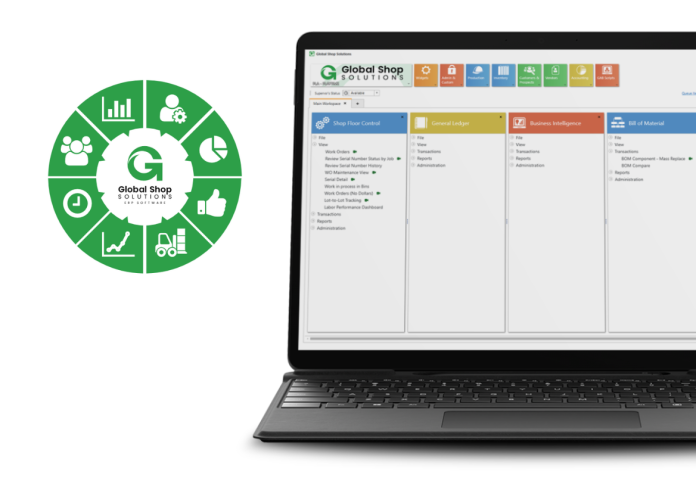
Implementing a beginning-to-end traceability of parts is nearly impossible without an integrated quality system that would automate the majority– if not the entirety– of a shop’s processes, according to the latest whitepaper published by Global Shop Solutions.
The whitepaper, titled “Near-Perfect Quality: How to achieve it and why most manufacturers don’t,” highlighted the roadblocks faced by manufacturers on their journey toward ensuring the quality of their deliverables, particularly those specialising in close-tolerance parts or serving industries that require multiple quality certifications and mandates.
Pamela Grady, Global Shop Solutions’ senior operations consultant and author of the whitepaper, said the biggest damage occurs beyond a manufacturer’s shop walls, where the word of a company’s reputation can make or break a business. Most of the ongoing product problems today stem from approaching quality as an after-the-fact fix rather than an integral part of the manufacturing process, Grady noted in the whitepaper.
In order to achieve near-perfect quality, Grady detailed an enterprise resource planning quality control system that allows manufacturers to isolate and manage quality at the highest level; simplify management of rework, rejects, and scrap; ease the management of engineering change notices; and customise control of quality requirements.
QTA Machining, a custom manufacturer of precision parts and a Global Shop Solutions customer, recently implemented a system where it began requiring machinists to report all deviant parts through the ERP system. The result is “a process that has resulted in near-perfect quality ratings for the company.”
“To achieve the Holy Grail of manufacturing – near-perfect quality ratings – quality control needs to become a way of life rather than a patchwork of ‘too little, too late’ quality control efforts,” the whitepaper says.
“This fundamental shift starts with implementing an ERP quality control module that enables you to manage quality in real-time rather than after the parts have already shipped.”




















